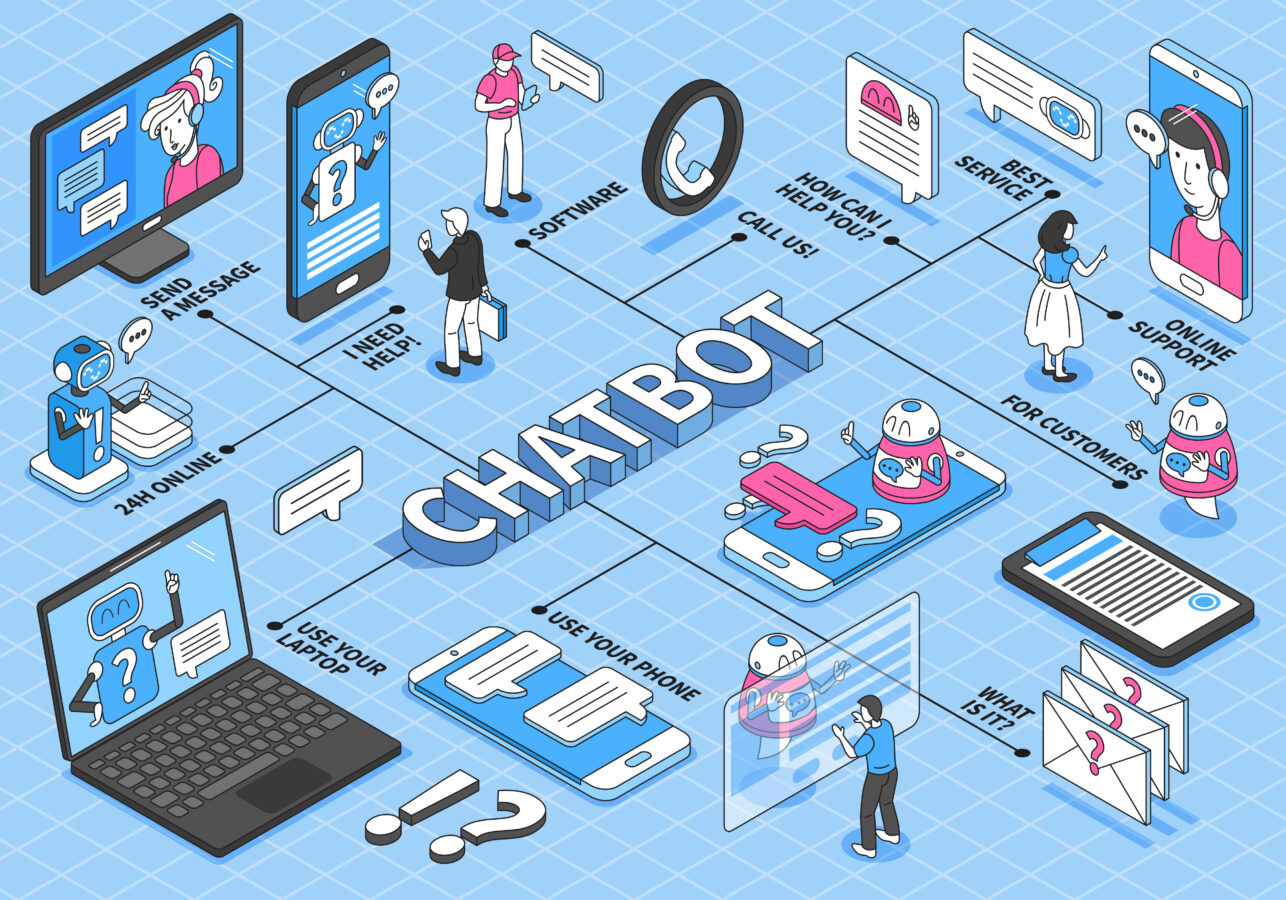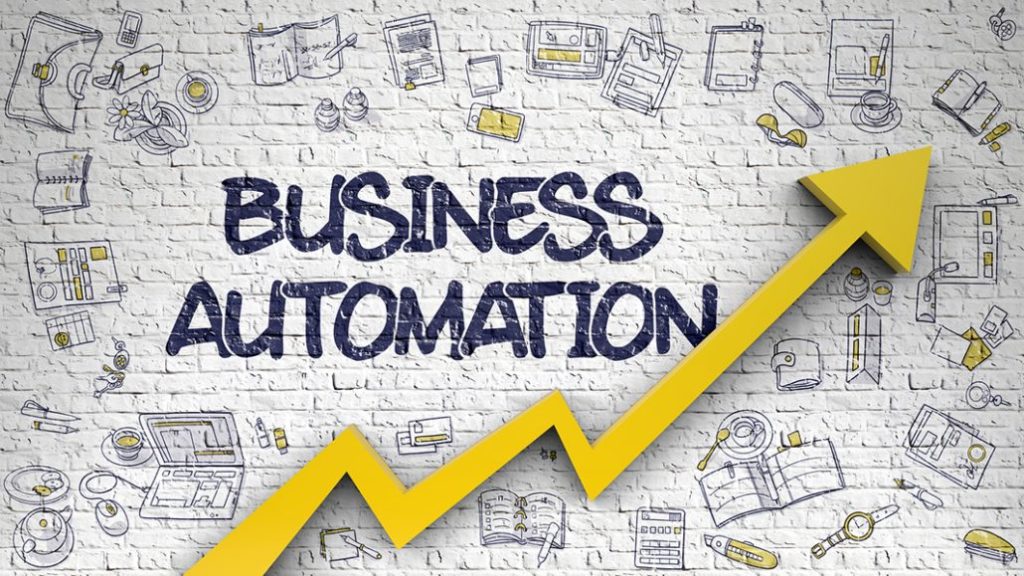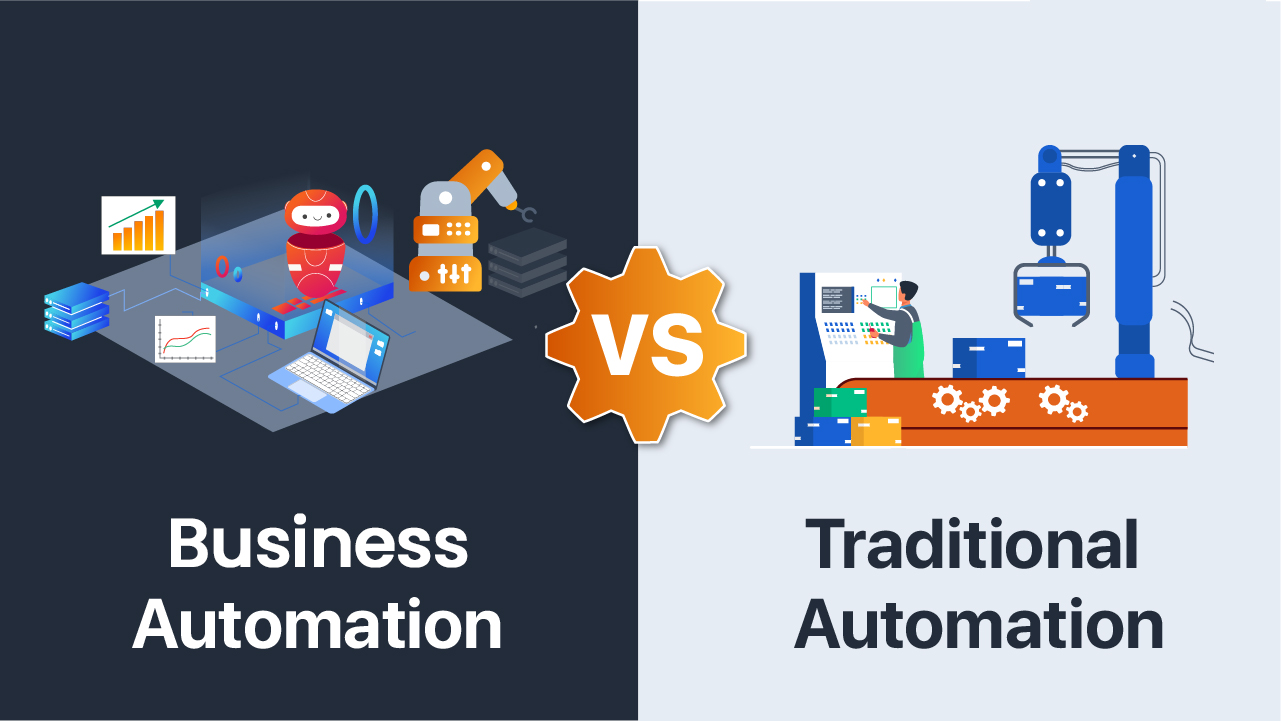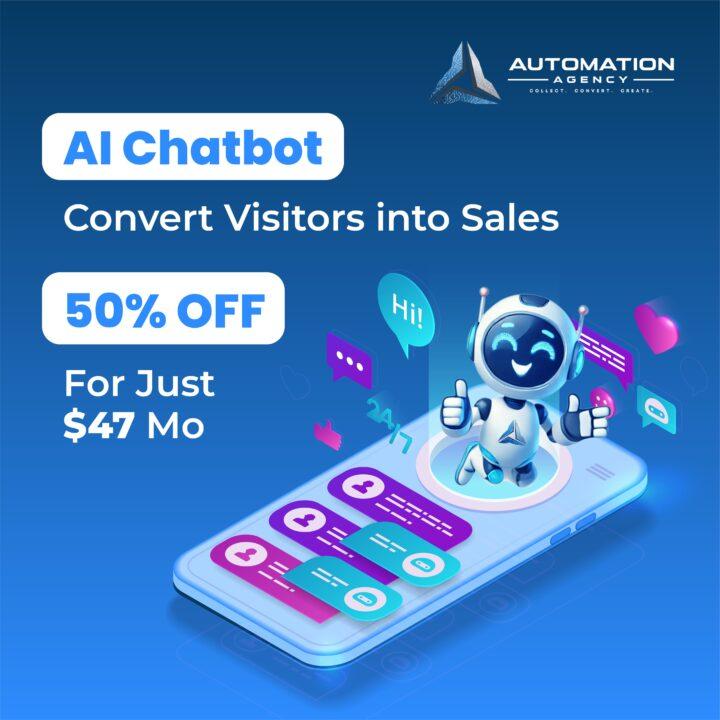The Benefits of Deploying an AI Agent or AI Appointment Setter
Jina
on
May 22, 2024
Have you ever thought about hiring someone to call sales leads or schedule appointments with potential clients? If that’s the case, then continue reading this article because we are going to share an innovative strategy that has been tested and proven to be more effective than the traditional process. The Automation Agency introduces a new Generative AI Agent which does just that – much cheaper and faster than hiring, recruiting and training a salesperson.
If you’re striving for more appointments and consequent sales, it might be wise to use artificial intelligence (AI). This will not only help you develop relationships with prospects more effectively but also create more efficiency in your operations, saving you time and money.
Imagine having an AI Agent or AI Appointment Setter at your immediate disposal—it could completely transform your business. You’d save money, get more done, and create more efficiency in your company.
This blog post will examine the advantages of AI-powered automation at length and present you with some numbers that will indicate how significant they can be for your business. You can get a feel for what these advantages are like by testing out our Generative AI Appointment Setter, Alfred. Go ahead, click the link, submit your information and Alfred our AI Agent will call you and get an appointment booked on our Co-Founder’s calendar.
Harnessing the Power of Generative AI Appointment Setters
Harnessing the Power of Generative AI Appointment Setters Generative AI is one of the most thrilling areas of artificial intelligence. This technology has transformed the way companies communicate with their customers and potential clients. A modern appointment setting software called Alfred, has been developed by The Automation Agency that acts as a personal assistant using advanced generative AI technology.
With Alfred, you can enjoy the following game-changing benefits:
- The availability of 24/7: This means that Alfred will capture leads and book appointments at any time of day or night so as not to miss out on any opportunities.
- Customized Scheduling: Alfred uses artificial intelligence (AI) to understand natural language when setting up meetings according to people’s individual preferences.
- Lead Qualification: Making conversation that converts, asking questions which disqualify and receiving objections is what makes for successful qualification; this can be achieved through having smart conversations which will help in qualifying leads thereby getting important information needed for your sales process faster than ever before.
- Scalability: Your business may grow exponentially but do not worry about managing an increased number of appointments because Alfred is capable of handling an infinite number of calls at a single time.
Encounter the upcoming method of arranging a meeting through the use of our new Generative AI Appointment Setter called Alfred. Try out Alfred now and witness the transformation it can bring to your business operations.
The Role of AI in Business Process Automation
No matter what vertical or industry you are in, leveraging the latest advancements in technology is important to stay ahead of your competition. AI agents and appointment setters are some examples of business process automation (BPA) tools that automate routine tasks, allowing personnel to concentrate on strategic initiatives. They can manage a variety of activities like customer inquiries, scheduling appointments, and even the whole service provision workflow. Businesses can improve their performance by employing these sophisticated technologies, thereby increasing overall productivity levels.
Cost Savings: Boosting Profit Margins
Why should you utilize Generative AI?
Incorporating Generative AI in your company is strongly justified by the potential cost savings it offers. Labour costs go down due to automation of repetitive tasks which are done over and over again. Moreover, this reduces chances for errors that could have previously led to financial implications.
Navigating Chatbot Myths: Understanding the Realities
The financial benefits of implementing artificial intelligence (AI) can’t be argued.
-
In 2021, vCita found that companies who used online scheduling software had an average increase of 27% in revenue per appointment set. When you consider this one statistic alone it becomes clear how much money could potentially be made through automated scheduling.
However, there are more ways than just saving time with AI; it can also save you money.
-
Deloitte’s 2022 study showed that on average businesses which implemented sales and marketing AI tools saw their costs go down by 13%. This discovery highlights the fact that artificial intelligence has the ability to completely change workflow and resource distribution for any department involved in company operation.
Increased Efficiency
Every successful business should consider effectiveness as its key component. Artificial intelligence (AI) agents and AI appointment setters do not need breaks or vacations; nor do they get sick or show up late. As such, they can work year-round ensuring constant productivity throughout your company. They are capable of multitasking several activities at once thereby reducing customer waiting time and facilitating procedures.
Statistics Supporting Increased Efficiency:
- Online scheduling leads to a 26% increase in new customers (Yocale, 2021). The additional customers due to AI investment will result in more revenue.
- 17% of customers are not happy when they have to wait for a vacant slot to get an appointment (GetApp, 2021). Appointment bookings can be effortlessly handled by AI machines thus reducing customer exasperation and improving the overall experience
Enhanced Customer Experience
The era of digital transformation has seen customer experience become a profound differentiator for businesses. For better customer experience, AI Agents and AI Appointment Setters can provide personalized, timely, and efficient interactions. By remembering consumer preferences, offering individualized recommendations and accepting online appointments at customers’ own convenience, for instance, these AI tools can be used to improve the customer experience.
Statistics Supporting Enhanced Customer Experience:
Below are some statistics that show the significance of improving customer experience:
- According to Acuity (2022), 88% of customers prefer booking online vs phone. This preference can be catered to by providing online scheduling via an AI Appointment Setter, making it easier for clients to interact with your business.
- In six months’ time, consumers who book appointments online spend an average of 2.6 services (Yocale, 2021). This suggests that happy users of online reservations will come back again and use more amenities in the future.
Business Growth
Employing Generative AI could result in tremendous growth for your business. These cutting edge technologies open up an entirely new world of opportunities beyond just automating tasks. AI acts as a catalyst for change that will propel your company to new heights.
- Let Your Team Loose: Assigning routine tasks to artificial intelligence frees your staff to work on strategic projects at a high level which can push the organization forward.
- Insights Through Data Analysis: With the ability to analyze large volumes of data, AI can offer valuable insights that support decision making leading to more informed choices based on evidence.
- Scalability On Demand: AI systems should be able to scale up or down easily as and when needed while expanding an enterprise such that all systems continue running efficiently irrespective of their size.
Numbers show that using AI has made 63% of businesses speed up their growth, says Forbes. This suggests that artificial intelligence has a strong ability to change companies and can be a resource to broaden enterprises in various sectors.
AI agents and appointment setters are being used to transform industries. Saving much cost, improving operational efficiency, providing better customer experience as well as quickening business growth are among the many advantages brought about by automation through artificial intelligence technologies.
Therefore, businesses should adopt such technologies in order to remain competitive and achieve a more streamlined, productive and customer-focused process.
About Automation Agency
Automation Agency is a growth agency that helps small businesses increase leads, conversions and customer loyalty through their C3 Growth Framework. Their AI appointment setters like “Alfred” are a game changer – he is a generative AI tool for automating scheduling which can enhance operations, foster growth and provide competitive advantage. Experience the future of automated scheduling by test driving Alfred.
Jason and Therese Benedict set up the Automation Agency which offers different business automation solutions. To get more information on how you can boost your business using automation and artificial intelligence powered appointment setting software such as Alfred; please call 602-900-9345 or visit this website: https://automation.agency/.












